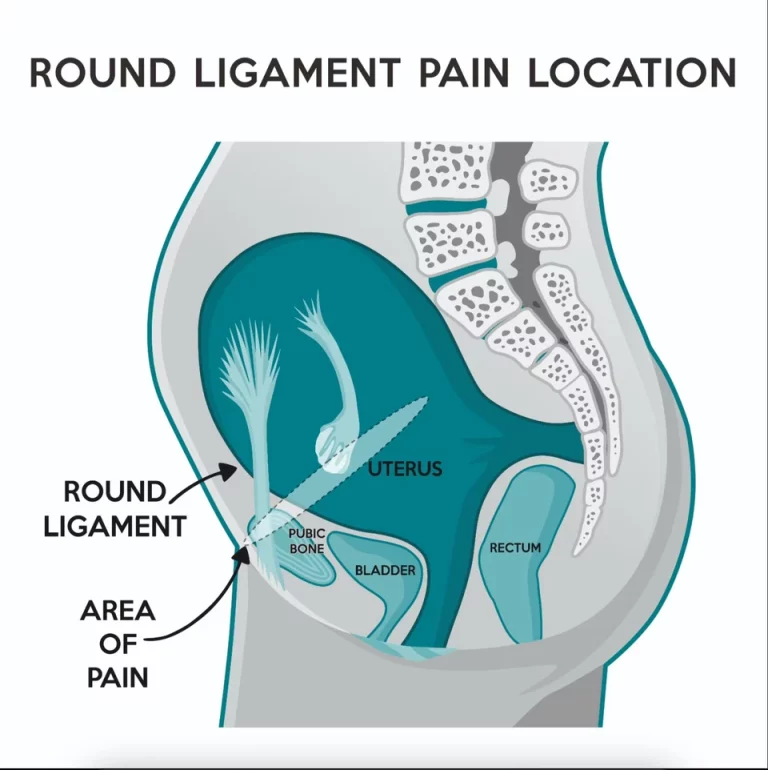Insomnia In Pregnancy
Insomnia in pregnancy is very common. Studies estimate that anywhere from 40% to 97% of women experience sleep challenges during pregnancy, especially during the first and third trimesters. Insomnia is defined by having trouble falling asleep, staying asleep, or both. With the variety of emotions that come along with being pregnant, add insomnia into the mix and it can make things even more challenging.
Causes of Insomnia In Pregnancy
Because there’s so much happening emotionally and physically during pregnancy, there are a number of factors that contribute to pregnancy-related insomnia. These include:
- Nausea and vomiting
- Having to urinate frequently at night
- Back pain
- Heartburn and acid reflux
- Leg cramps
- Restless leg syndrome
- Shortness of breath and difficulty breathing during sleep
- General discomfort, especially in the third trimester
- Anxiety or stress
A couple of disorders that are important to identify as possible causes of insomnia are restless leg syndrome (RLS) and obstructive sleep apnea (OSA). Both of these disorders can occur during pregnancy even if you didn’t have symptoms before, and lead to disturbed sleep and daytime fatigue.
Restless leg syndrome (RLS) is also known as Willis-Ekbom disease and is typically related to low iron levels. There’s a higher demand for nutrients like iron during pregnancy, which puts women at risk of developing RLS during this time of life. RLS can cause an urge to move the legs at bedtime or a creepy-crawly sensation and make it hard to fall asleep.
Obstructive sleep apnea (OSA) is a condition where breathing stops and starts during sleep. During pregnancy, there can be swelling of the nasal passages and other changes in the airway related to hormonal or fluid shifts that put women at a higher risk of developing OSA. Some of the signs to look out for include snoring, your partner noticing that you stop breathing at night, or feeling excessively drowsy during the day.
Treating Insomnia In Pregnancy
Non-medication treatments are considered the safest option during pregnancy and are preferred by most women. A good place to start is with lifestyle changes, including:
- Being consistent with a regular bedtime. This helps to regulate the circadian rhythm, or body clock.
- Having a relaxing wind-down routine. This can include having a warm beverage, reading a book, taking a warm bath or shower (but not too hot because that can be harmful to the developing fetus)
- Being active during the day by taking walks or doing light exercise
- Staying hydrated during the day by drinking water, but reducing fluid intake before bedtime if it causes nocturnal urination.
- Eating good quality, nourishing foods. Studies have shown that eating more fiber can help with sleep quality.
- Use journaling, meditation, or talking to your friends, loved ones, or a therapist to help reduce anxiety.
Your sleeping environment is also important. Keep a calm, cool, clean, and comfortable bedroom to help you relax and sleep well. Use pillows to support your body so you can get into a comfortable position.
Cognitive behavioral therapy for insomnia (CBT-I) is an effective treatment for chronic insomnia, and may also reduce symptoms of depression, anxiety, and fatigue during pregnancy. This can be done in person or online.
Related: Round Ligament Pain In Pregnancy
Do consider other underlying factors that might be disrupting your sleep like RLS, OSA, or heartburn. Supplementing with iron, folate, magnesium, and increasing your intake of nutrient-dense foods may help with RLS and overall energy. If you suspect OSA, talk to your doctor about getting a sleep study.
Sleep issues are highly treatable and there’s no one-size-fits-all solution. If you have tried all of the above, have a conversation with your doctor to see what other options might be appropriate for you.
Sources:
Chaudhry SK, Susser LC. Considerations in Treating Insomnia During Pregnancy: A Literature Review. Psychosomatics. 2018 Jul-Aug;59(4):341-348. doi: 10.1016/j.psym.2018.03.009. Epub 2018 Mar 21. PMID: 29706359.
https://pubmed.ncbi.nlm.nih.gov/29706359/
Miller MA, Mehta N, Clark-Bilodeau C, Bourjeily G. Sleep Pharmacotherapy for Common Sleep Disorders in Pregnancy and Lactation. Chest. 2020 Jan;157(1):184-197. doi: 10.1016/j.chest.2019.09.026. Epub 2019 Oct 14. PMID: 31622589; PMCID: PMC6965691.
https://pubmed.ncbi.nlm.nih.gov/31622589/
Okun ML, Ebert R, Saini B. A review of sleep-promoting medications used in pregnancy. Am J Obstet Gynecol. 2015 Apr;212(4):428-41. doi: 10.1016/j.ajog.2014.10.1106. Epub 2014 Oct 31. PMID: 25448509.
https://pubmed.ncbi.nlm.nih.gov/25448509/
Sedov ID, Anderson NJ, Dhillon AK, Tomfohr-Madsen LM. Insomnia symptoms during pregnancy: A meta-analysis. J Sleep Res. 2021 Feb;30(1):e13207. doi: 10.1111/jsr.13207. Epub 2020 Nov 2. PMID: 33140514.
https://pubmed.ncbi.nlm.nih.gov/33140514/
Sedov ID, Goodman SH, Tomfohr-Madsen LM. Insomnia Treatment Preferences During Pregnancy. J Obstet Gynecol Neonatal Nurs. 2017 May-Jun;46(3):e95-e104. doi: 10.1016/j.jogn.2017.01.005. Epub 2017 Mar 24. PMID: 28343943.
https://pubmed.ncbi.nlm.nih.gov/28343943/
We discuss products we think are useful to people. If you buy something through our links, we may earn a commission. Remember to check with your personal physician to see if a product recommended is right for you.








